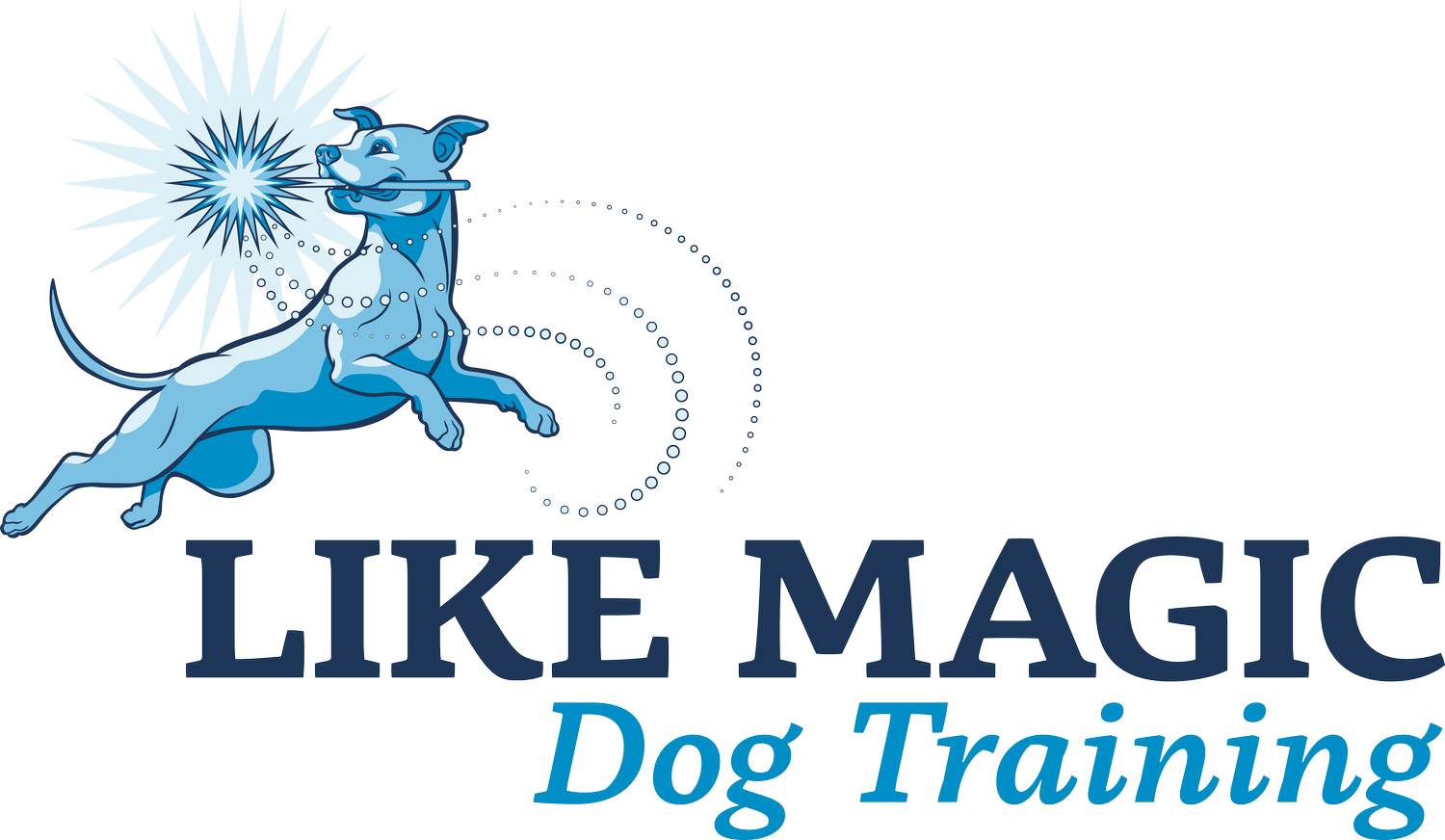When Will My Dog Be Trained? Part 4
Your dog’s genetics, temperament, and interest impacts the ease with which they will pick up certain behaviors. Their environment will impact their ability to implement those behaviors smoothly in the face of distractions. Your commitment and engagement in their training will determine the sustainability and longevity of the cues you’ve trained. Ultimately though, your dog will be trained…when you say they are.
What are your expectations of your dog? What do you want to be able to comfortably do with them, what environments do you need them to be able to perform in? What degree of error is acceptable to you? This answer will differ from behavior to behavior, from person to person. A dog living out in the country with no need for leash walking may not need solid leash manners - unless their person wants to be able to frequently take them into a nearby town. Or is simply really frustrated by their dog pulling on the leash. The ability to check off your mental box marked “leash manners” differs greatly based on how you define those manners in the first place.
When speaking with a trainer about a training plan with your dog, they will probably ask you what your training goals are. This may feel like a redundant question if you’ve spent the last few minutes talking about the challenges you’re having - but it’s an important question. What your trainer may consider “done” may not be what you consider to be finished!
Personally, I don’t mind the occasional pull on a leash by an excited dog, but my pet peeves are dogs constantly at the end of their leash, creating consistent pressure, and dogs crossing in front of me on a walk - especially if they slow down! If I were making a training plan for the dog to suit my needs, those behaviors would need to be extinguished before I considered myself “done.” But plenty of folks don’t mind that - or don’t mind it to the same degree that it bothers me!
Conversely, I don’t really personally mind a jumping dog. I’m usually just as excited to see a dog as they are to see me, so a little loss of impulse control doesn’t phase me. This is emphatically not true for many clients - they want jumping extinguished from their dogs repertoire! Training goals, and subsequent training plans, should mirror your goals and expectations for your dog, not anyone else’s. Defining your goals in that way means that you’ll train for the results you want to see, not an ambiguous “trained dog” that might mean something very different to someone else.
Then, consider what “done” might really mean. What do you want to do with your dog over the course of their life? Is training something you want to accomplish early, set some foundational boundaries and manners, and move on with the snuggling and walking and playing fetch parts of dog ownership with maybe some occasional maintenance along the way? That’s awesome! But it also needs to be established up front, because for me (and most trainers) “done” isn’t in our own vocabulary. There’s always something new to learn, some better way to be teaching a behavior, some tweaking to improve performance, some new interest we can be exploring with our dogs. Working with our dogs and learning new ways to communicate and partner together is an amazing part of dog ownership (in addition to the snuggling and walking and playing fetch), and it’s a facet that we seek out throughout our dogs’ lives. It’s why we’re trainers. Consider where on the spectrum you are - what your ideal picture of life with your dog might look like - and that’s probably where you’ll find your goals for training, and a better idea of when your dog will be trained.
